Following a fact-finding mission to Kyiv – that included retreating to the bomb shelter at the Ministry of Education and Science during a missile attack - researchers are appealing to the EU to scale-up its support for scientists in Ukraine
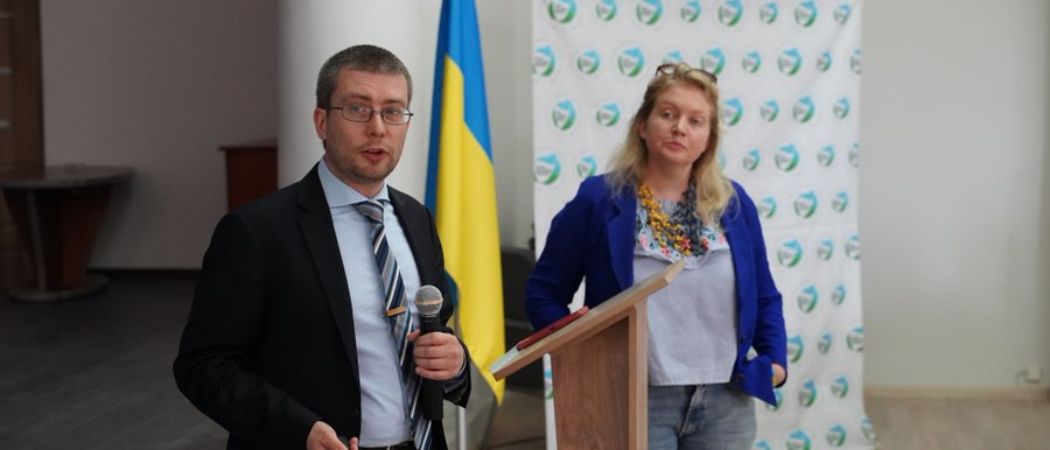
Sebastian Dahle (left), president of Eurodoc, alongside Pil Maria Saugmann, vice-president of Eurodoc, during a recent trip to Ukraine. Photo: Eurodoc / Twitter
European Commission President Ursula von der Leyen this week received a letter detailing the struggles of researchers in Ukraine and reasons why there is an immediate need to increase EU support for them.
Strong research and innovation and education sectors will be pivotal to Ukraine’s post-war recovery and measures to ensure this must match the scale of the problem and need to start now, says the letter signed by Sebastian Dahle, president of Eurodoc, the European Council for Doctoral Candidates and Junior Researchers, which represents more than one million early career researchers.
Following Russia’s invasion of Ukraine in February 2022, researchers have been in dire need of help to keep their work going. At the start of the war European counterparts rushed to help, setting up dedicated fellowship schemes, aid platforms and funding initiatives, helping Ukrainian researchers keep afloat.
Scientists are hard at work trying to build a future for their R&I system. Dahle witnessed this first hand last week during a visit to Kyiv, where he met the representatives of 24 regional Young Scientist Councils. They discussed how the war had affected their professional and personal lives and the role research and higher education can play in the recovery of Ukraine. He had a slight taste of what life is like when it was necessary to conduct parts of the meetings at the Ministry's shelter due to a missile attack.
“Given the desperate situation in Ukraine, it was impressive to observe the ongoing reforms in Ukrainian higher education and its current work towards measures to improve the conditions of academics, as well as towards mitigating the repercussions of the war. It was deeply encouraging and inspiring to hear the stories of those young scientists who have been facing difficulties due to the war but yet are dedicated to conducting outstanding research and academic activities,” Dahle said.
There’s more strategic direction and coordination than in many EU countries, Dahle observes.
While the focus fell on short-term measures at earlier stages of the war, there’s now a growing understanding among policymakers that the academic sector in Ukraine needs a helping hand. Last month, the EU’s proposal for a funding scheme for Ukraine’s overall recovery gave the first mention to research and higher education. It’s a fleeting reference in a long proposal, and “it might fall off the edge in the implementation, but it’s much needed,” says Dahle.
Based on the meetings in Kyiv, Eurodoc is drafting a list of recommendations to hand to the Commission in the coming weeks.
Keeping positive
Researchers in Ukraine are thinking about the future but the current situation is fraught. A year and half into the invasion, many scientists are still displaced and unable to replace equipment damaged during the war. Some can’t afford to access the software they need and early career scientists often have to pay publication fees out of their own pocket. All this on salaries of €200-300 per month for those at the early stages of their careers.
Unsurprisingly, the young researcher workforce has shrunk by 30%, from 16,000 in 2021 to 11,000 in 2023. Many have multiple jobs just to keep afloat. “Pretty much everyone works two jobs,” says Dahle. “It’s just impressive how they keep up with this.”
Substantial reforms are required with Ukraine still having a long way to go to upgrade its research ecosystem, largely inherited from the Soviet regime, to bring it into line with other European countries.
Despite the dire conditions, researchers are persevering, even if this involves holding meetings in shelters during missile attacks. “What stood out in particular was the positivity,” Dahle says of the meeting in Kyiv. “They retain a very positive attitude despite everything. They’re looking to the future and making the best out of it.”
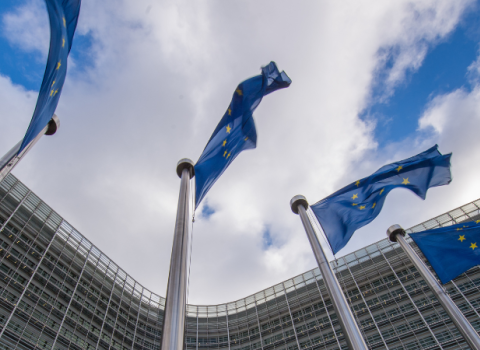
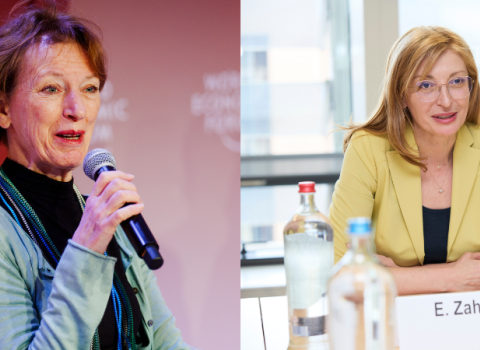
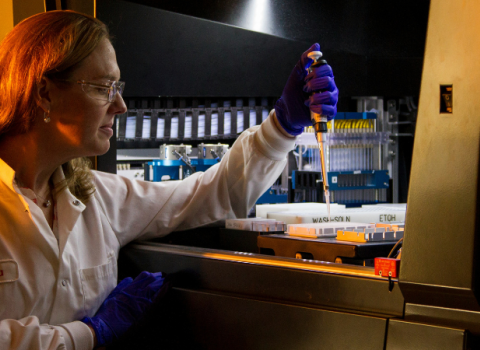
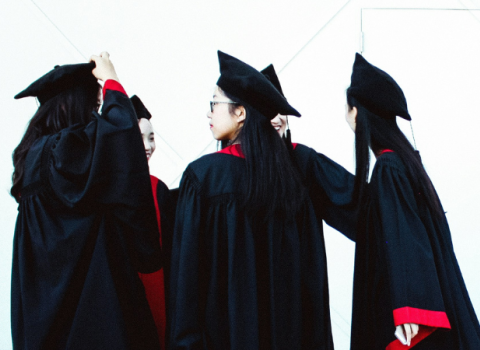

 A unique international forum for public research organisations and companies to connect their external engagement with strategic interests around their R&D system.
A unique international forum for public research organisations and companies to connect their external engagement with strategic interests around their R&D system.